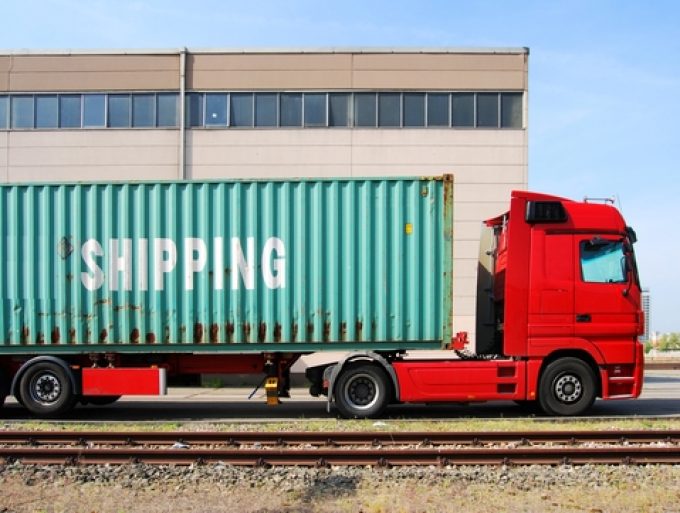FMC 'bias toward carriers' a 'slap in the face' for SMEs pursuing a claim
Shippers and forwarders claim the US Federal Maritime Commission (FMC) litigation process is ‘unfairly tilted ...

Container carriers and customers need to work together to develop annual contracts that ensure shippers are provided with adequate service levels and lines are protected from cost spikes.
Cosco vice president Howard Finkel told delegates at last week’s TOC Container Supply Chain event in Panama: “Service contracts ...
CMA CGM South Korean staff strike over bonuses after bumper 2024 profit
'Another painful headache for shippers' as Asia-N Europe rate rally ends
Amazon Air Cargo partners-up for new transpacific route into the US
MSC switches two more Asia-Europe port calls from congested Antwerp
Ports and supply chain operators weigh in on funding for CPB
Nightmare for Bangladeshi exporters as congestion and tariffs bite
CMA airline returns two freighters, while ANA takeover of NCA looms
Carriers introduce surcharges as congestion builds at African ports

Comment on this article
Gary Ferrulli
November 22, 2018 at 4:34 pmExempting a large portion of the lift from any fuel surcharge, import or export, and charging $500-$700 from the Gulf back to Asia is not the formula for success. That shippers won’t pay for premium services, a little strange considering Matson and APL premium services, but accepting that. And then a close look at Coscos financial reports with several lines of subsidies from the government of China in addition to the $26.5 Billion invested between 2016 and 2020 with a promised repeat between 2021 and 2025 – that’s the formula for success.